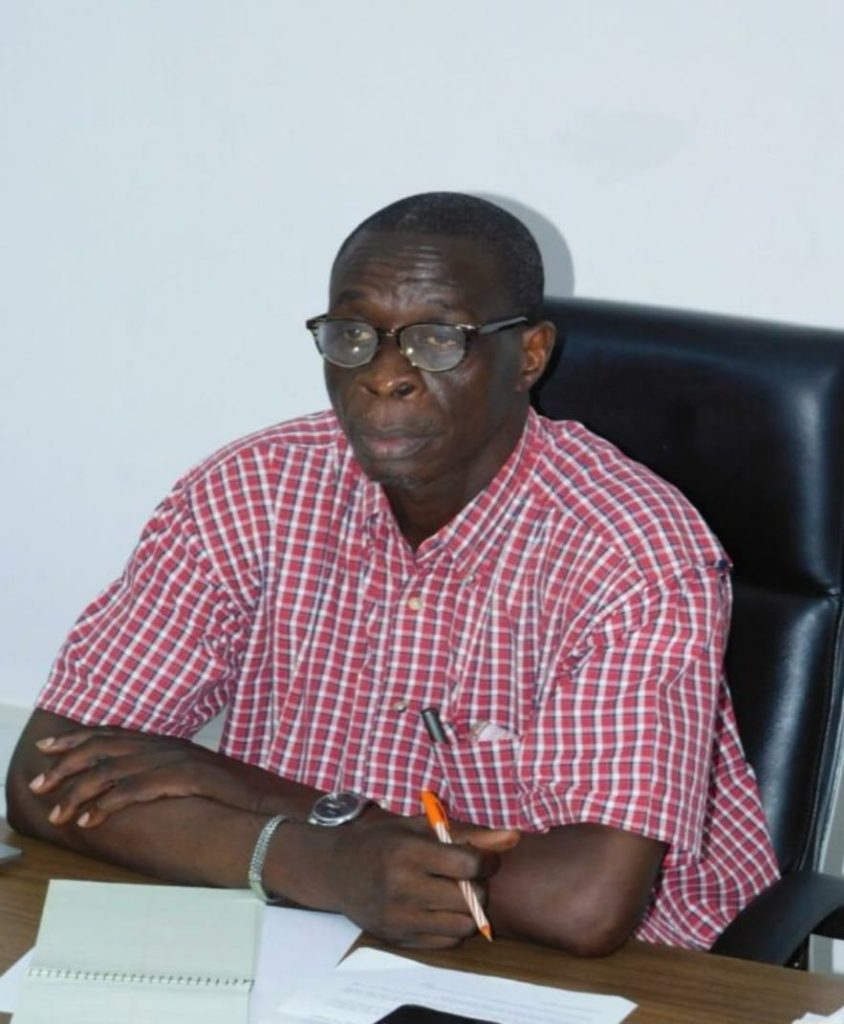The Liberia Electricity Corporation (LEC) is embarking on a transformative initiative to install prepaid electricity meters in all government institutions, marking a significant shift in the nation’s approach to energy consumption and revenue generation. This groundbreaking move, slated to commence next month, aims to address the persistent challenge of unpaid electricity bills by government entities, a predicament that has long hampered the LEC’s financial stability and its capacity to expand services, particularly to underserved rural communities. This strategic decision, announced by LEC interim Managing Director Thomas Gonkerwon, underscores a commitment to fiscal responsibility and sustainable energy management within the public sector.
The implementation of prepaid meters is expected to bolster the LEC’s financial standing, providing a much-needed influx of revenue that will be instrumental in facilitating the corporation’s ambitious expansion plans. This injection of funds will be crucial in supporting the LEC’s efforts to extend its reach to rural areas, a key component of the corporation’s overarching goal of enhancing energy access nationwide. The move towards prepaid metering represents a pivotal step towards establishing a more equitable and sustainable energy landscape in Liberia, promoting accountability and responsible energy consumption within the government while simultaneously empowering the LEC to broaden its service coverage and reach more citizens.
This initiative coincides with the LEC’s broader strategy to enhance electricity supply and develop effective income generation mechanisms. This comprehensive approach reflects a commitment to both improving service delivery and strengthening the financial viability of the corporation. The installation of prepaid meters within government institutions is a core element of this strategy, aimed at creating a more robust and predictable revenue stream. By ensuring timely and consistent payment for electricity consumption, this measure will not only address the immediate financial challenges faced by the LEC but also contribute to the long-term sustainability of the energy sector in Liberia.
The LEC’s ambitious expansion program also encompasses the establishment of offices in all 73 districts across the country, a phased rollout beginning with five key regions including Kakata, Robertsfield, Bushrod Island, and Buchanan. This decentralized approach is designed to bring services closer to the people, enhancing accessibility and responsiveness to local energy needs. The physical presence of LEC offices in these districts will facilitate more efficient customer service, enabling greater engagement with communities and fostering a more responsive and accountable energy sector. This strategic expansion underscores the LEC’s commitment to providing equitable access to electricity throughout Liberia, regardless of geographic location.
The World Bank, a key partner in Liberia’s development efforts, has expressed strong support for the LEC’s initiatives, recognizing the transformative potential of improved energy access. Ousmane Diagana, the World Bank’s Vice President for Western and Central Africa, commended the LEC’s progress and pledged the Bank’s continued cooperation in advancing the corporation’s mandate. Mr. Diagana emphasized the importance of extending electricity services to rural populations, highlighting the significant socio-economic benefits that increased energy access can bring to these underserved communities. The World Bank’s endorsement and continued support serve as a testament to the significance of the LEC’s efforts and the broader impact of improved energy infrastructure on national development.
The visit of the high-power World Bank delegation to key LEC facilities, including the Mount Coffee Hydro Power Plant and the CLSG Electrical Plant, further solidifies the partnership between the two institutions. The tour provided the delegation with a firsthand understanding of the LEC’s operations and its commitment to upgrading and expanding Liberia’s energy infrastructure. This on-the-ground assessment reinforces the World Bank’s confidence in the LEC’s capacity to effectively manage and implement its ambitious programs, ensuring that its investments contribute meaningfully to enhancing Liberia’s energy security and fostering sustainable development. The collaboration between the LEC and the World Bank exemplifies a strategic partnership that is crucial for driving progress in Liberia’s energy sector and contributing to the country’s overall development goals.


